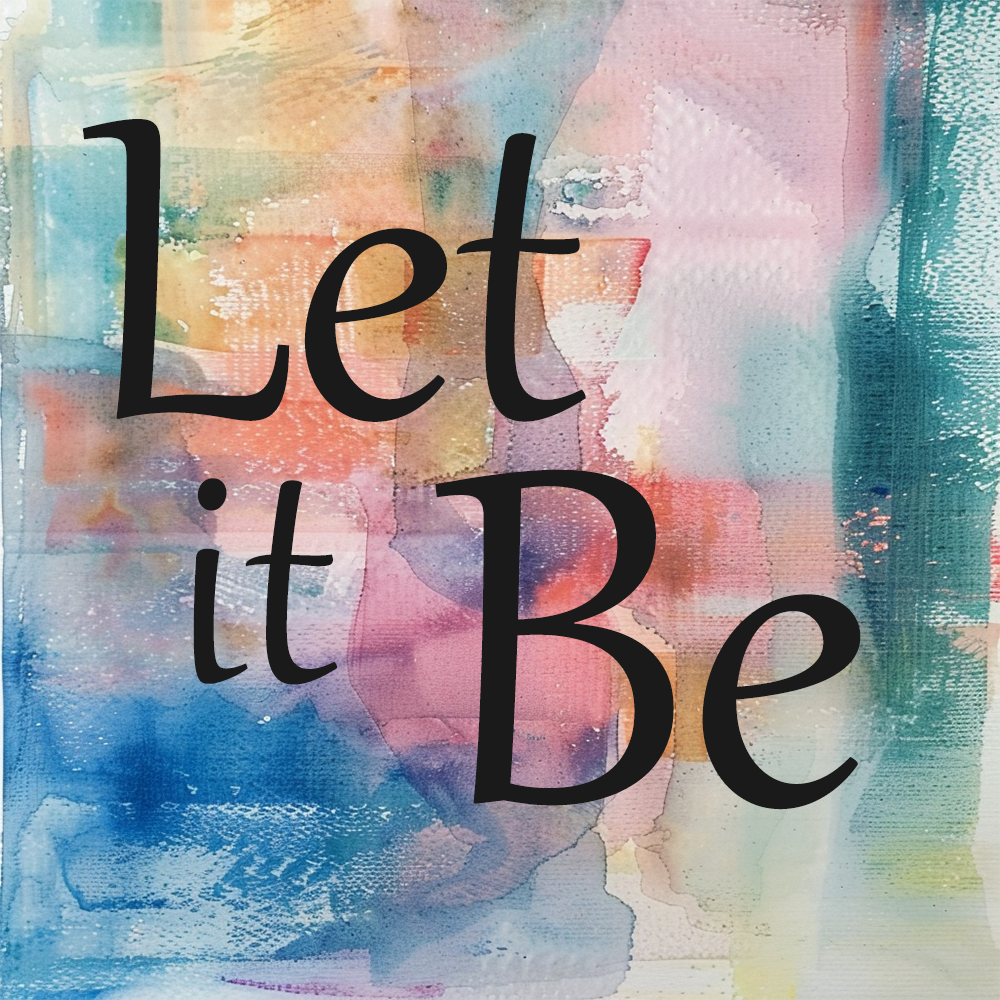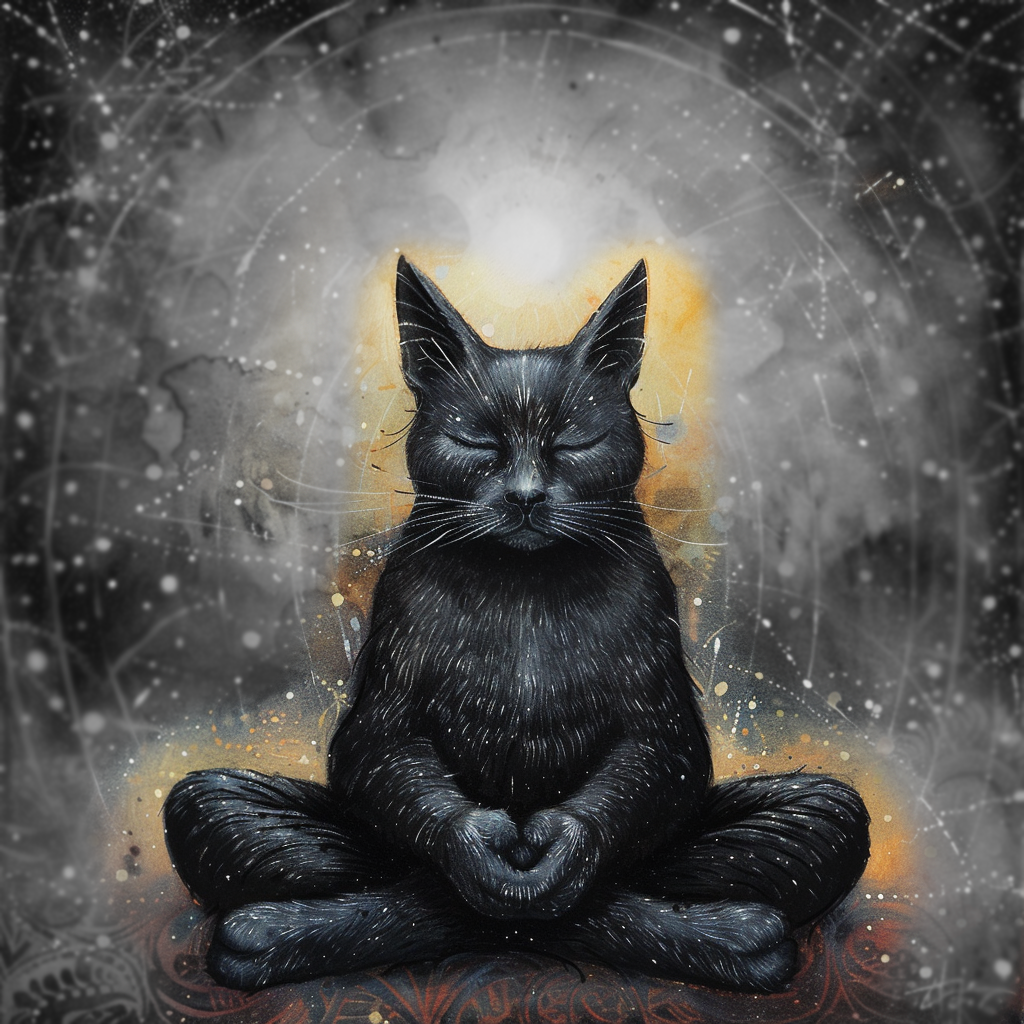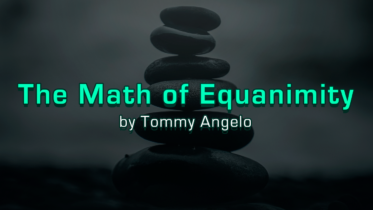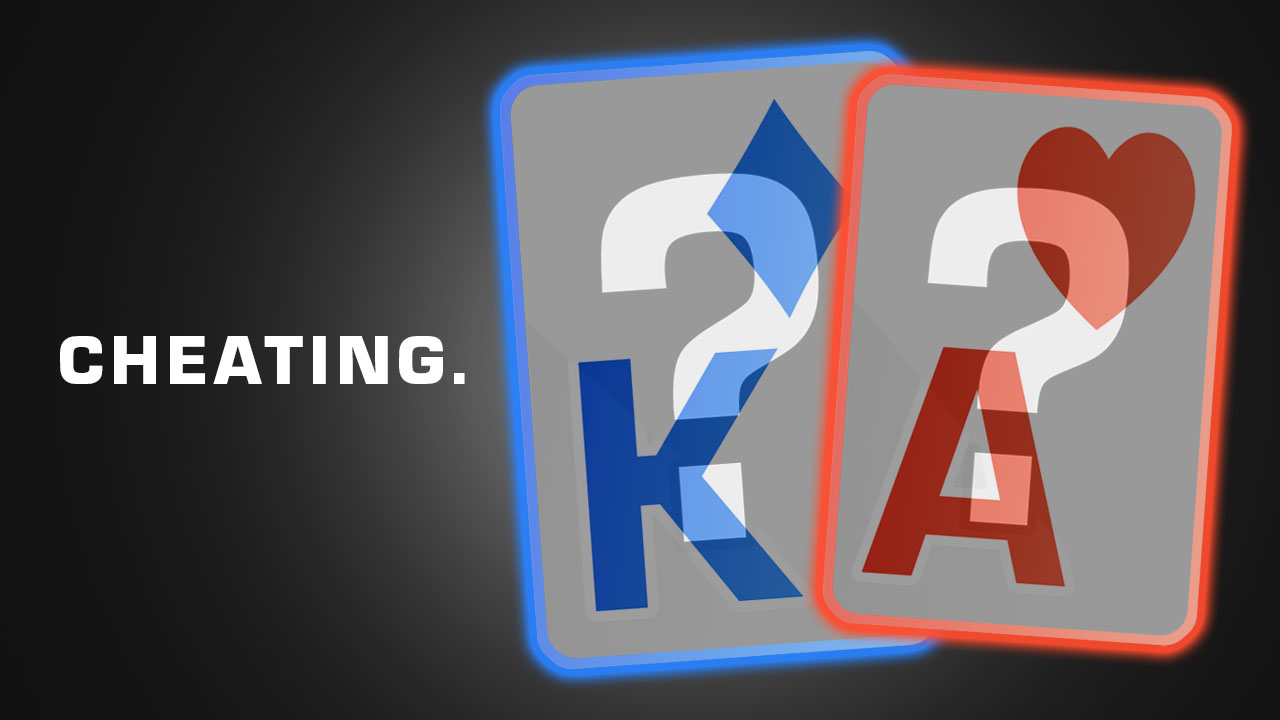Equanimity is a state of steadiness that’s impervious to external conditions. Equanimity is calmness and composure, even in the face of difficulty. Equanimity is the acceptance of whatever is, on an ongoing basis.
That sounds to me like a dandy way to play poker.
My exposure to this word comes from Buddhist teachings.
In Buddhism, equanimity is one of the four sublime attitudes, also called the four immeasurable minds. The others are loving-kindness, compassion, and taking joy in the joy of others. The four immeasurables are neither thoughts nor emotions, but rather, they are inexhaustible virtuous mindsets.
This all sounds lovely. But does it cash?
You tell me…
Constant irritants
You fly somewhere to play in a big buy-in multi-table tournament. You’re heavily invested, financially and emotionally. You hate it when the ratio of table-height to chair-height is too large. It’s a constant irritant. And wouldn’t you know it, the tournament you’ve staked your future happiness on has the worst ratio ever.
The old you: Has no shot of playing your best game when a constant irritant is in play.
The new you: Has trained yourself to let go of negativity and to let situations be. All furniture annoyances flutter away on the wings of equanimity, as you come to love and appreciate every chair and every table.
The math of equanimity
Let means to allow. Be means to exist. Go means to leave.

Let it be = allow it to exist.
Let it go = allow it to leave
And what does the it in Let it go mean? It means everything, as in,everything external and everything internal.
Now we have:
Let it be = allow everything to exist.
Let it go = allow everything to leave.
Equanimity means allowing anger to exist. It means allowing impatience to exist. You wave hello and goodbye to your resentments and frustrations as they come and go. When you’re okay with these arrivals and departures, there’s no need to compare and rate. Gone too is the urge to change and fix everything.
These two sensations are interdependent: the sensation of letting go, which is relief, and the sensation of letting be, which is contentment.
When you’re worried about your bankroll, allow those thoughts to leave.
When your stack has dwindled down, allow it to be.
When you’re upset about a mistake, allow those thoughts to leave.
When the lighting is bad, allow it to be, unpestered by your opinions.
Bad neighbors
You knew from the instant he plopped down next to you and spread his shoulders into your space and starting bitching about watered-down whiskey that this guy was trouble. Not trouble for the game necessarily. But definitely trouble for your peace of mind.
Right away your forecast came true. He talked too much and too loud, said the dumbest stuff ever about the hands, played too slow, was mean to the dealer, and he just ordered more booze. The tension building inside you is unbearable, but you have an out.
First, you sprinkle the scene with equanimity, and then…
And then you see that beside you sits a person playing poker. This person is one of thousands who are playing poker at this instant, saying all the usual things, making all the usual bets, being nice, being not nice, just doing what poker players do. What’s the problem? We love poker. That’s why we spend time with poker players. Without poker players, we’d have no poker. So how can you love poker without loving all the players? Makes no sense. That’d be like saying you love your lawn but you hate certain blades of grass.
Thing is, you do need to love your table mates. All of them. Because only at those moments are you entirely happy.
The old you: I hate drunk assholes.
The new you: I love drunk assholes.
Bad audio

I used to have big hang-ups about small background noises. It was from recording music for hundreds of hours per year, in the 1980s, in my living-room-slash-recording-studio. I’m talking reel-to-reel tape machines with outboard effects and tons of mics and cables strewn about. So many ways to pick up hums and clicks and other undesirables. So I became highly trained to notice and hate every speck of sound that shouldn’t be there. And somehow that bled over into regular life, where even an air conditioner, in certain settings, could put me on full-torment tilt.
Old me: Everything about the sound in this poker room sucks. The speakers suck, the microphone sucks, the equalization sucks, the floorman is too close to the mic and he’s hitting it too hard, so not only does the sound suck but it’s also distorted. And the room is big and busy so he’s calling names nonstop.
New me: I’m playing poker which means life is provably awesome. The sound system sucks but whatever.
Bad poker
You’re playing online and you…
… get all wound up over some ding-dong in the chat box and you don’t have the will to turn him off.
… get all wigged out over the dog needing a walk and the spouse wanting a visit and the texts needing replies.
… get all-in with the nuts and lose connection.
Or you blow your stack on a cooler, or you blow your stack on a choke. Or whatever other ways the poker gods choose to use their savage ways to assault your resolve.
The old you: Is smacked around like a pinball by the random events of life.
The new you: Is a pinball wizard. You’re not the ball. You’re the machine. Letting things go – lettings things be – riding the waves of equanimity.
The long game
We can’t be calm and accepting all the time. But we can let things slide more than we used to, and then a little bit more than that. Equanimity is a worthy quest – to be okay with whatever is, when it is, as it is. And the math is simple: Let it be + let it go = more money.
Tommy Angelo has been practicing and coaching painless poker for decades. His many books and videos are seen as essential teachings for serious players and can be found at tommyangelo.com.




